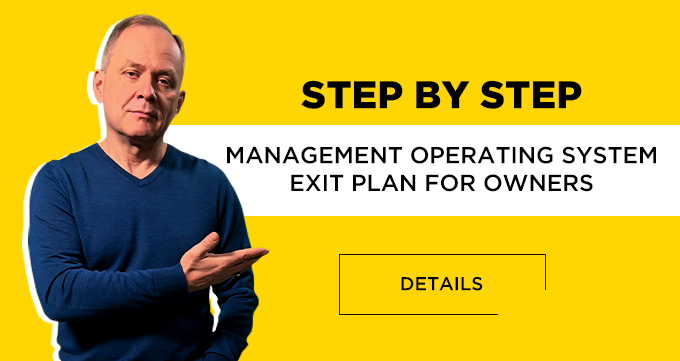How to Ask for a Salary Increase Without Hysterics or Ultimatums
A conversation about money is not a conflict, but a sign of maturity on both sides. I have managed companies and teams for many years and have seen dozens of attempts to "wrestle out a raise." Nine out of ten attempts fail not because of the numbers, but because of the behavior. Below, I will share common mistakes and my recommendations. This is a managerial perspective on the topic of money.
- Tolerating for Months and Exploding with Emotions
When a person stays silent for six months and then breaks down, for the manager, this is not a request, but a new problem. Emotions shut down logic. The solution is simple—don't tolerate it. Prepare for the conversation in advance: gather all the data, talk about your contribution to the company's development, and propose options. A conversation about a raise is not an emotional scene, but a business meeting with a clear agenda.
- Blackmailing
"I was offered more elsewhere. Either you raise my salary, or I leave." Harsh ultimatums damage trust. Even if the manager agrees, they will start looking for a replacement. The strong position is different. Come with market data, a timeframe for consideration, and a desire to stay. This is respectful and effective. When you negotiate as a partner, not a supplicant, you are heard.
- Organizing a Collective Revolt
Negotiating compensation through colleagues turns a request into a destructive act. The team becomes demotivated, the manager gets a troublemaker, and the solution becomes more expensive: if you raise the salary for one, you'll have to raise it for everyone else. In this situation, it is easier and cheaper for the manager to part with that troublemaker. This is a clear example of team sabotage that benefits no one.
- Arguing with Personal Needs
At work, you are paid for results and the market value of the role. Not for renovations, mortgages, or vacation plans. Arguments must be business-oriented: about revenue generated, company budget savings, and growing metrics. Then the conversation has a foundation. A raise is recognition of contribution, not a way to solve personal problems. At Amazon, for example, no conversation about a raise begins with the words "I need." Employees prepare specific cases where their decisions increased profit or optimized processes. A raise there is the result of numbers, not emotions. This approach fosters a culture of responsibility and trust.
- Appealing to Pity
In a manufacturing company 25 years ago, I first encountered this approach. Managers asked to "help a good person." We introduced a rule that such decisions are made by the board of directors and only from the general fund. Such situations did not arise again. As soon as there is an understanding that to give to someone, you must take from others, emotions disappear. A working alternative we use in our company is an interest-free loan for strong employees with a clear repayment schedule.
- Citing Length of Service Without Increased Value
Experience is important, but only with high competence and stable output. A smart manager takes into account the duration of work within grades. And sharp raises can only be claimed for an increase in influence on profit and process. Focus on your results, not the calendar.
- Comparing Salaries
Comparing with colleagues is a weak argument. You don't see the full context. If you want to speak objectively, come with market data and figures on your own results. Then the dialogue will be substantive. The manager evaluates efficiency of human resources and employee motivation expressed in numbers, not complaints and emotions.
- Promising Results in the Future
Investments upfront are only possible with a clear business plan and a clear risk profile. The "result - share" model sounds much stronger. Made a million and then took the agreed-upon percentage. I always support such initiatives.
The 5-Step Working Algorithm
- Gather data: your metrics for 3-6 months.
- Compare contribution with the fixed costs of your position. If you perform 1.5–2 times the norm, this is an argument for an above-average raise.
- Request a meeting persistently, but amiably and without pressure.
- Conduct the conversation with a structure:
- — goal of the meeting,
- — your results,
- — the market,
- — proposal on range/mechanism,
- — timeframe for the decision.
- Formalize the agreement in writing, and if rejected, request a growth plan with the metrics the manager wants to see over a certain period to revisit the conversation. Start with these five steps, and the conversation about a raise will stop being a stressor.
Conclusion
A salary increase should not be considered out of pity or seniority. In money matters, only a mature conversation based on specific data works. When you approach this as a manager, not a supplicant, you strengthen your authority and build a culture of responsibility. This is just one aspect of building an effective and motivated team. If you want to build a system for motivating employees and holding conversations about money without tension—join my master class "How to Strengthen Your Team, Fortify Your Business Foundation, and Reach a New Level."

